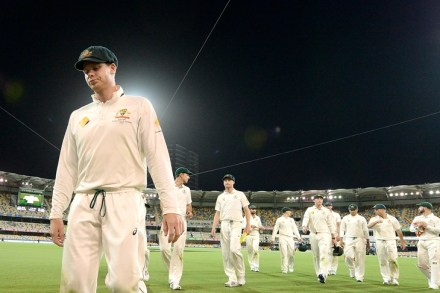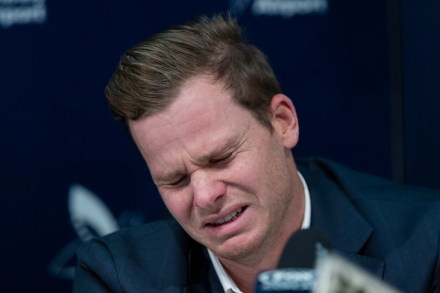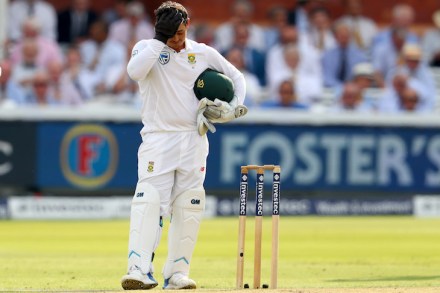Diary – 5 April 2018
When the much-admired (and very tall) literary agent Gillon Aitken died in October 2016, he left most of his estate in a charitable trust to be named after his daughter Charlotte, who had, very sadly, predeceased him. Quite soon, the trust will start its work, which is to ‘educate the public in the appreciation of literature’, including poetry and drama, by whatever means seem appropriate — to include prizes, grants, scholarships, the funding of retreats, courses and so on. As one of the trustees, my job is to find the best ways to fulfil Gillon’s wishes. The slate is blank. My first feeling is that there are too many prizes





















